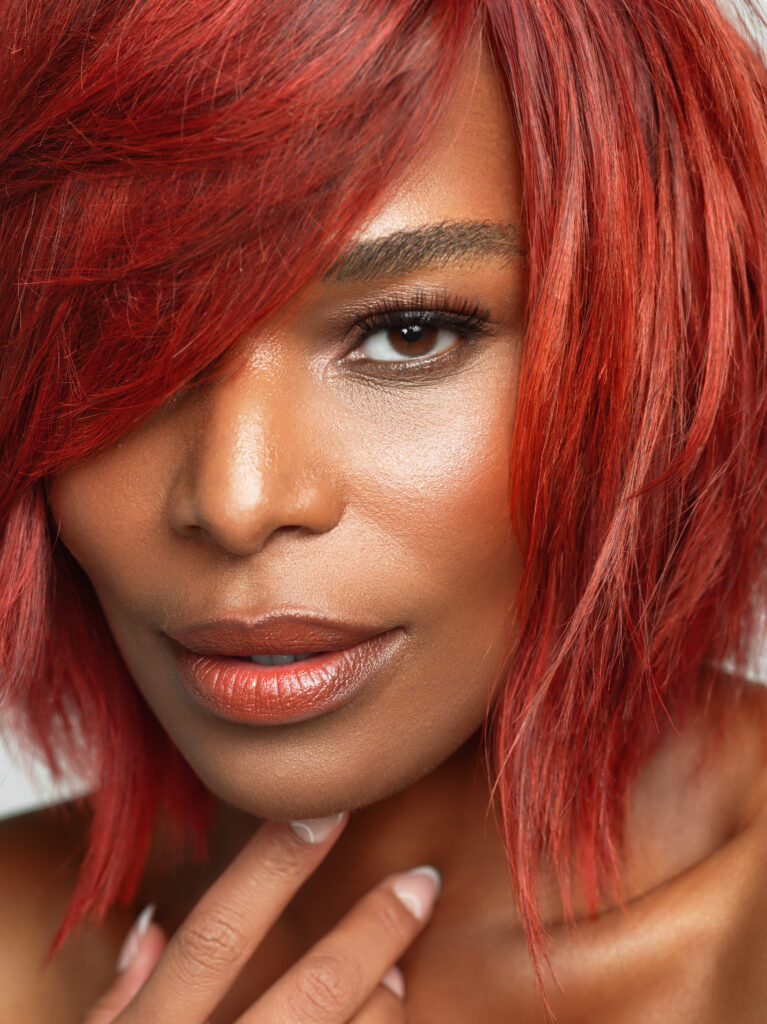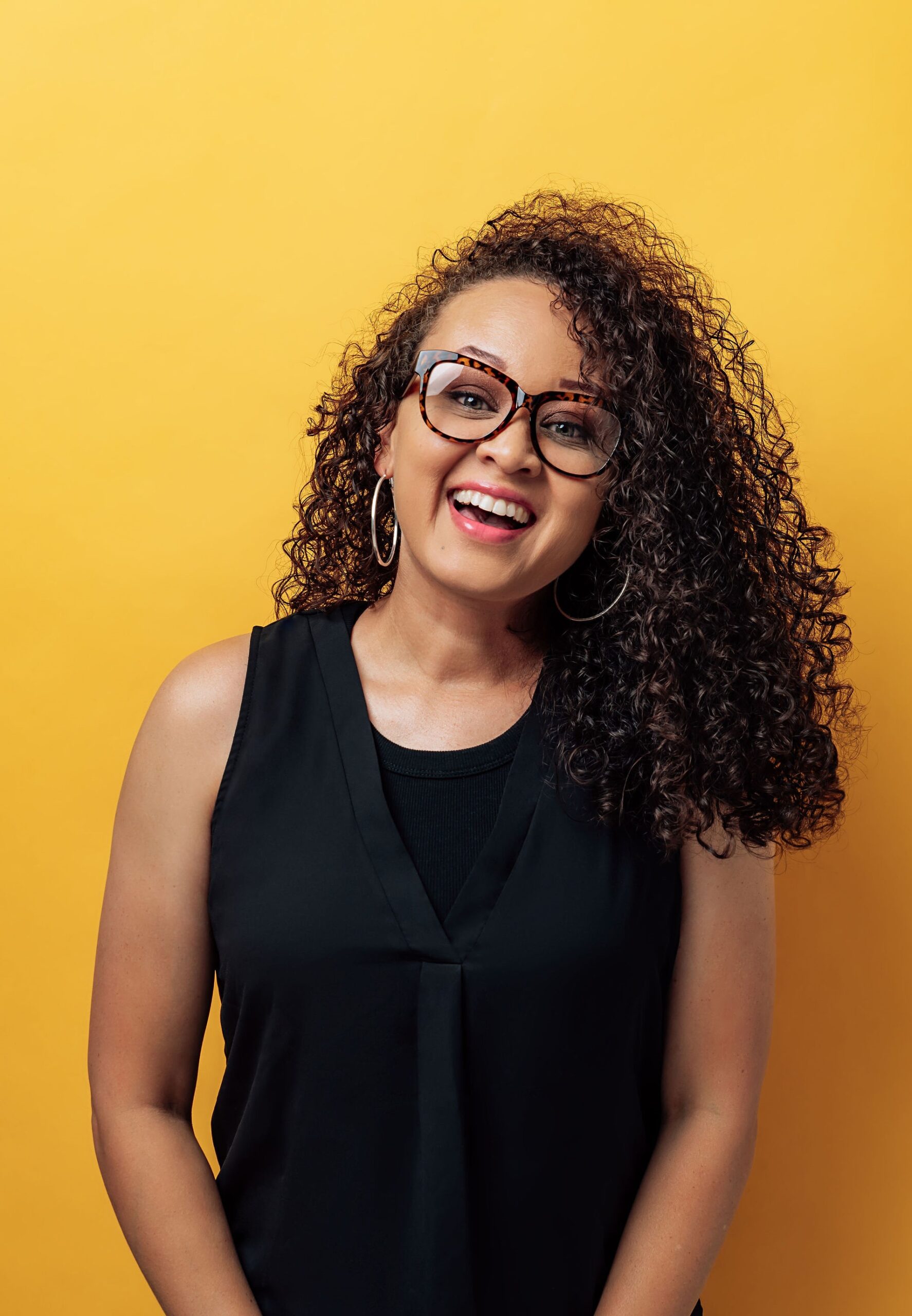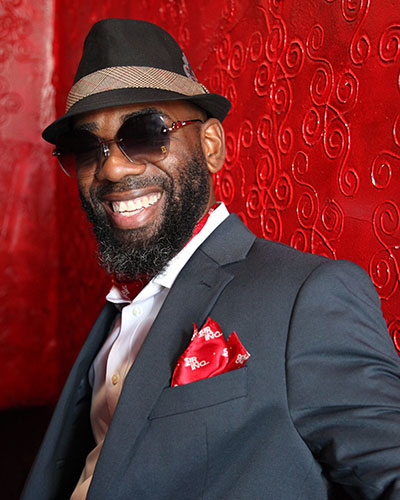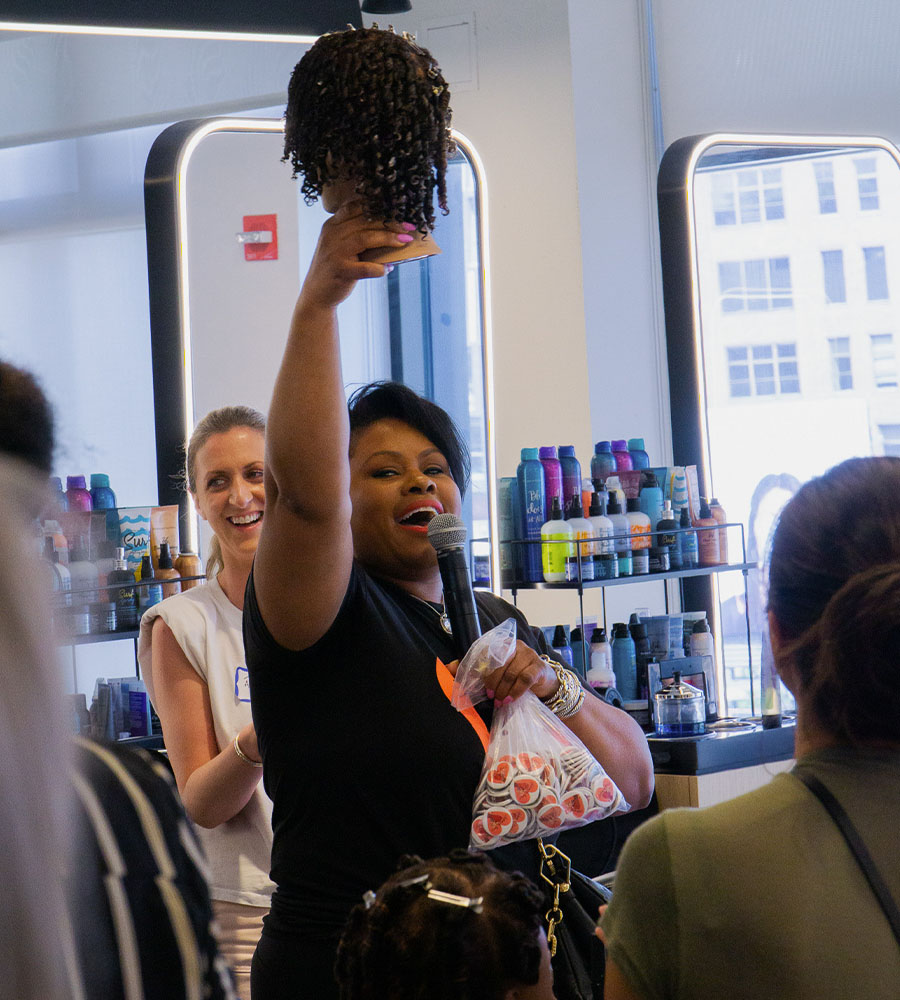Jalia Pettis talks with PBA about what Black History Month means to her as a beauty professional.
Jalia Pettis is a dually licensed Arizona-based makeup artist, hairstylist, and educator. Her passion and ability have been recognized with numerous accolades to include, NAHA Finalist for Educator of the Year (2024), Denman Stage Star USA (2023), Global Image Awards Finalist (2023), NAHA Makeup Artist of the Year (2022) and the International Beauty Industry Award (2020-2021). Pettis’ work spans a variety of settings, from commercial, film/television, and editorial, to creative direction and business development. In addition, she has worked with a range of clients, from internationally recognized brands to musicians, celebrities, athletes, and more. A truly multifaceted artist, Pettis excels in a broad spectrum of specialties, from clean beauty to men’s grooming, natural hair, high-octane glamour, and much more. As an educator, her goal is to equip others with the tools and self-confidence to start their industry adventure.

Have you encountered any stereotypes or misconceptions related to your race while working in the beauty industry, and how do you navigate or challenge them?
Yes, and although each situation is different it is an ever-present reminder that there is still a lot of work to do. I will never forget years ago being a part of a team of artists for a runway show and one of the artists who was working on a black model leaned over and asked the lead “Can you please not give me anymore black models?” I was working on the other side of the lead, and I in utter disbelief! The room went silent as others heard her comment. The lead looked at me as I’m sure she could read exactly what I was thinking and said she would handle it. She handled it by releasing the other artist but at this point every black model was lined up at my station waiting to get into my chair. This type of behavior is and will always be unacceptable! The nuances and microaggressions I have encountered are extremely challenging and that is just one example of many. It is even more frustrating when you have to navigate your own professionalism while addressing these challenges at the same time.
How do you balance staying true to your cultural identity while also adapting to the ever-changing trends and demands of the beauty industry?
The balance isn’t hard for me, why? I know how to conduct myself and know what I stand for. When I worked in Corporate America before becoming a beauty professional that felt like walking on a tight rope. I have more freedom now to discuss trends; where they came from or if those trends are repeating what has been done before, all while educating fellow beauty pros as well as consumers which makes it easier to stay in demand.
In what ways do you see the beauty industry evolving to be more inclusive and representative of diverse beauty standards?
I see the industry becoming more inclusive as it relates to hair integrity, styling, curl patterns and products, which is a plus! I think it is just as important to remember to represent aesthetics and makeup artistry in those same conversations. That said, we could do a bit better job in that regard. I will continue to do my part by engaging in hard conversations and making it known that black people come in varying complexions just like every other ethnic group.

What advice would you give to aspiring black beauty professionals who are just starting their careers in this industry?
To an aspiring beauty professional regardless of their ethnic background I would say learn all skin tones and all hair textures. School will not teach you everything you need to know so be open to mentorship, networking and exploring ethnicities different than your own. This will be helpful when you find yourself working within diverse cultures. It will allow you to carry yourself accordingly while ensuring anyone who sits in your chair is comfortable.
What initiatives or changes would you like to see within the beauty industry to better support and promote diversity and inclusion
I created an initiative in 2020 called “The Pigmented Panel” which is a discussion composed of beauty professionals of a variety of years and disciplines. We shared how we have worked through some of the frustrations of being black in beauty. The dialogue was a means to fight against the stigma behind diversity, equity and inclusion. Shortly after COVID happened along with a resurgence of police brutality within the black community. It is a fact that historically black people have been subject to cruelty since slavery. However, it was refreshing to see so many people sharing their stories and that not all were inhibited in their approach. My goal is to redevelop “The Pigmented Panel” on a broader scale to address the experiences of black and brown people across multiple creative industries. In turn I believe this will equip and empower those within our communities on how to show up without compromising their values & integrity when faced with adversity.



